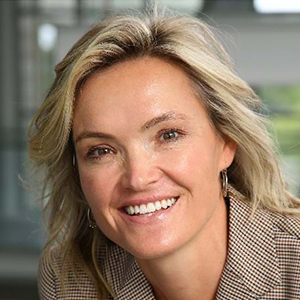
Security and the Trust Economy
Perceptions of society and its functions, whether attained from the past or conceived in the present, may soon become distant memories – this as the age of technology quickens on. The recent Consumer Electronics Show 2017 (CES) in Las Vegas points to a world of advanced, mind-boggling interconnectivity where humans, software and robots (im)possibly co-exist.
Respected journalist, researcher and analyst Arthur Goldstuck visited WE Joburg recently, and shared key insights from his tour of the show, as well as from a keynote presentation he delivered at the CES conference.
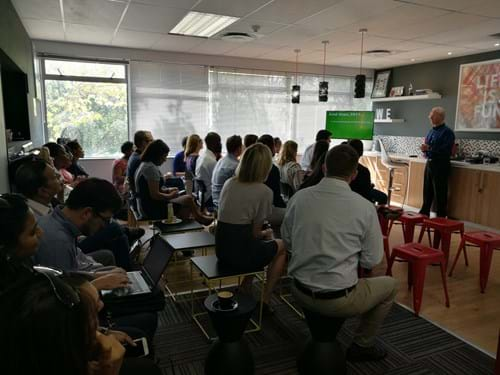
He observed how artificial intelligence (AI) in all areas of activity, including the ‘personal agent’, software innovations and voice-controlled virtual assistance, featured prominently at CES 2017. His main discovery: the economy of trust in an increasingly ‘Internet of Things’ community.
Goldstuck identified several trends that may stretch the keenest of imaginers among us and yet, simultaneously, leave us longing, excitedly, for even more in innovation.
Intelligent phones
To fathom a device (the same device) that improves over time, meaning it is better than when you first used it, sounds rather unreal, right? Wrong.
Chinese manufacturer Huawei is on a quest to develop just that, specifically phones of intelligence. Goldstuck explained how the brand’s Mate 9 denotes the feeling of machine learning in your hand. The phone is designed to constantly optimise applications based on user behaviour and preference.
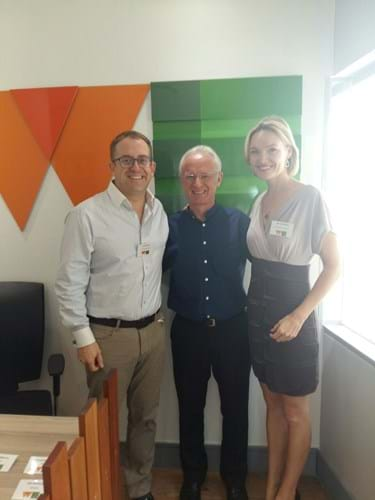
Robotic waitrons
Jobs providing a living for many have already been replaced by robots, which perform human-like functions.
Goldstuck explained how some restaurants in Japan are experimenting with robotic waitrons to serve customers. A robot affectionately named Pepper meets, greets and takes orders from patrons, and even facilitates meal payments with ease.
CES 2017 points to a world where fast food jobs come to an end… And there’s no reason not to expect the same in other forms of manual labour.
Autonomous vehicles
Goldstuck’s visit to the show also uncovered innovation in the automotive sector. He explained that ‘the car of the future’ continued to permeate discussions in innovation with the ‘autonomous vehicle’ being hotly pursued by futuristic car brands.
Nissan (in partnership with French carmaker Renault) featured prominently at this year’s event, and the brands’ CEO, Carlos Ghosn, revealed their collaboration with Microsoft, “to build next-generation connected car technologies”.
Ghosn also highlighted his vision to pioneer self-driving cars that “co-exist with human drivers in an accelerated timeline”. He unveiled the Seamless Autonomous Mobility System, derived from NASA technology, to combine artificial intelligence with human support to help self-driving vehicles make tricky decisions.
Though such innovations may leave many with their jaws dropped and tongues tied in awe, Goldstuck also presented some caution. He highlighted society’s mistrust in autonomous vehicles, with consumers harbouring ethical concerns regarding safety and regulators concerned around liability in freak accident cases.
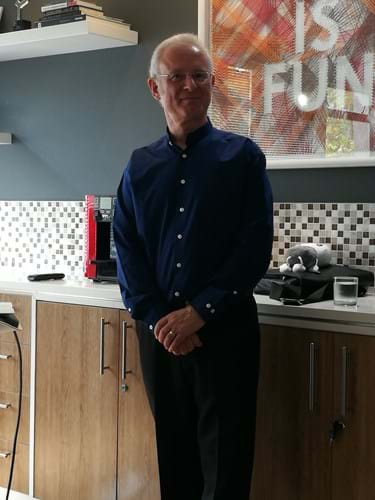
The dawn of passive peril
Goldstuck’s presentation reveals a world where technological innovation revolutionises society as we know it, while simultaneously revealing subtle nuances of resistance. He likewise notes that such technological innovations stimulate a fear of AI that cannot be ignored.
He coins the term, “the dawn of passive peril”, where norms of doing gradually become redundant and are replaced by machines that assume thinking on society’s behalf. Questions on data ownership and retrieval also arise as information on user behaviour escalates into the cloud, leaving users no option but to accept information privacy as a thing of the past.
This all points back to the idea of ‘an economy of trust’, in which brands need to examine this era of innovation more closely to gain support from weary, change-resistant consumers in an Internet of Things world.
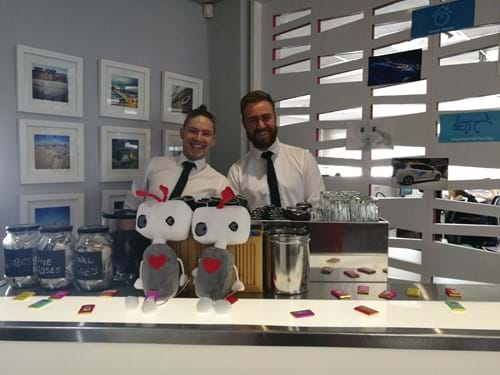
The latest blogs from WE
Overcoming the Lack of Diversity in Clinical Trials
Is Corporate Purpose Still Relevant in 2024?
MNCs in China Must Prioritize Internal Communications

